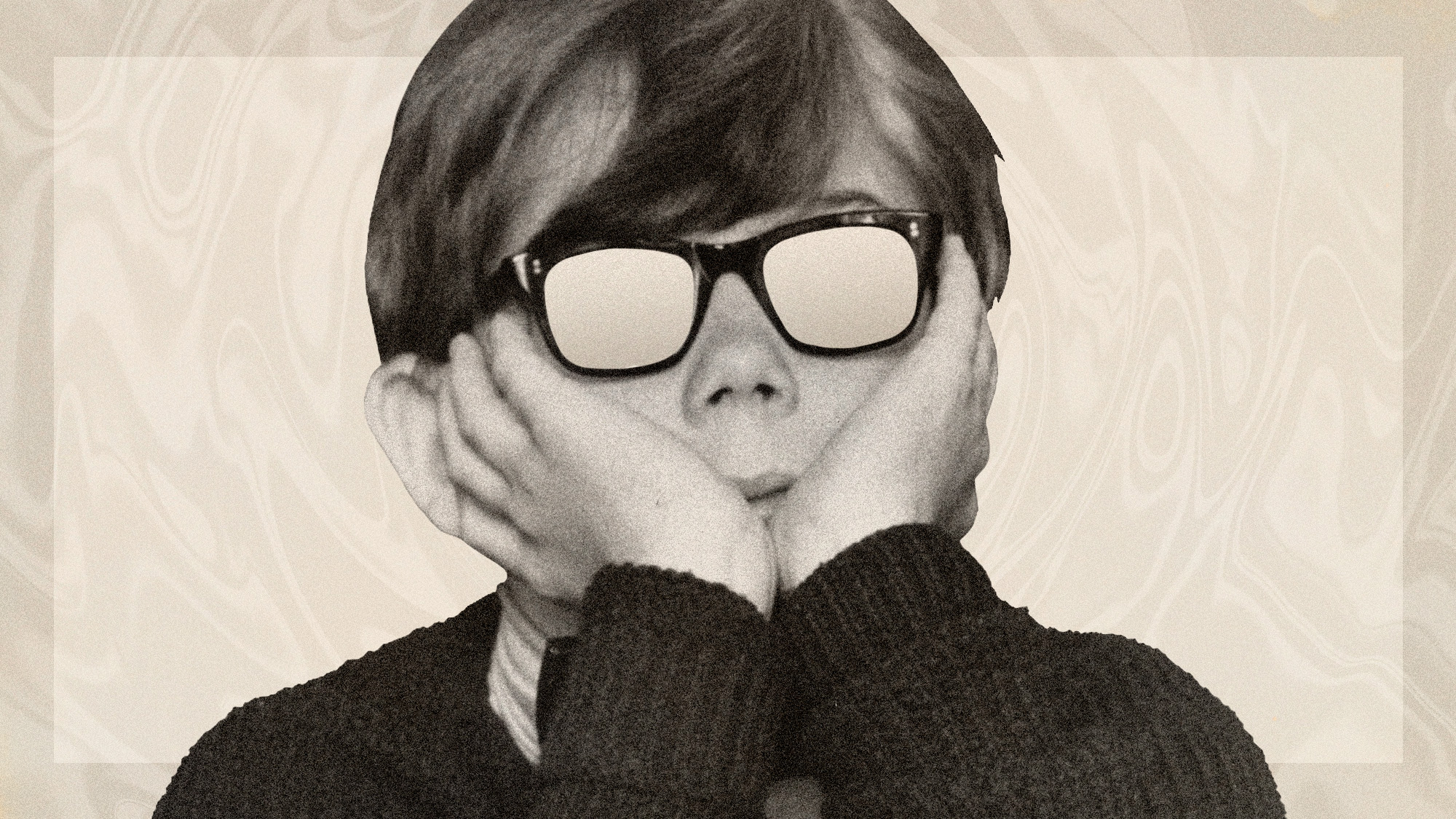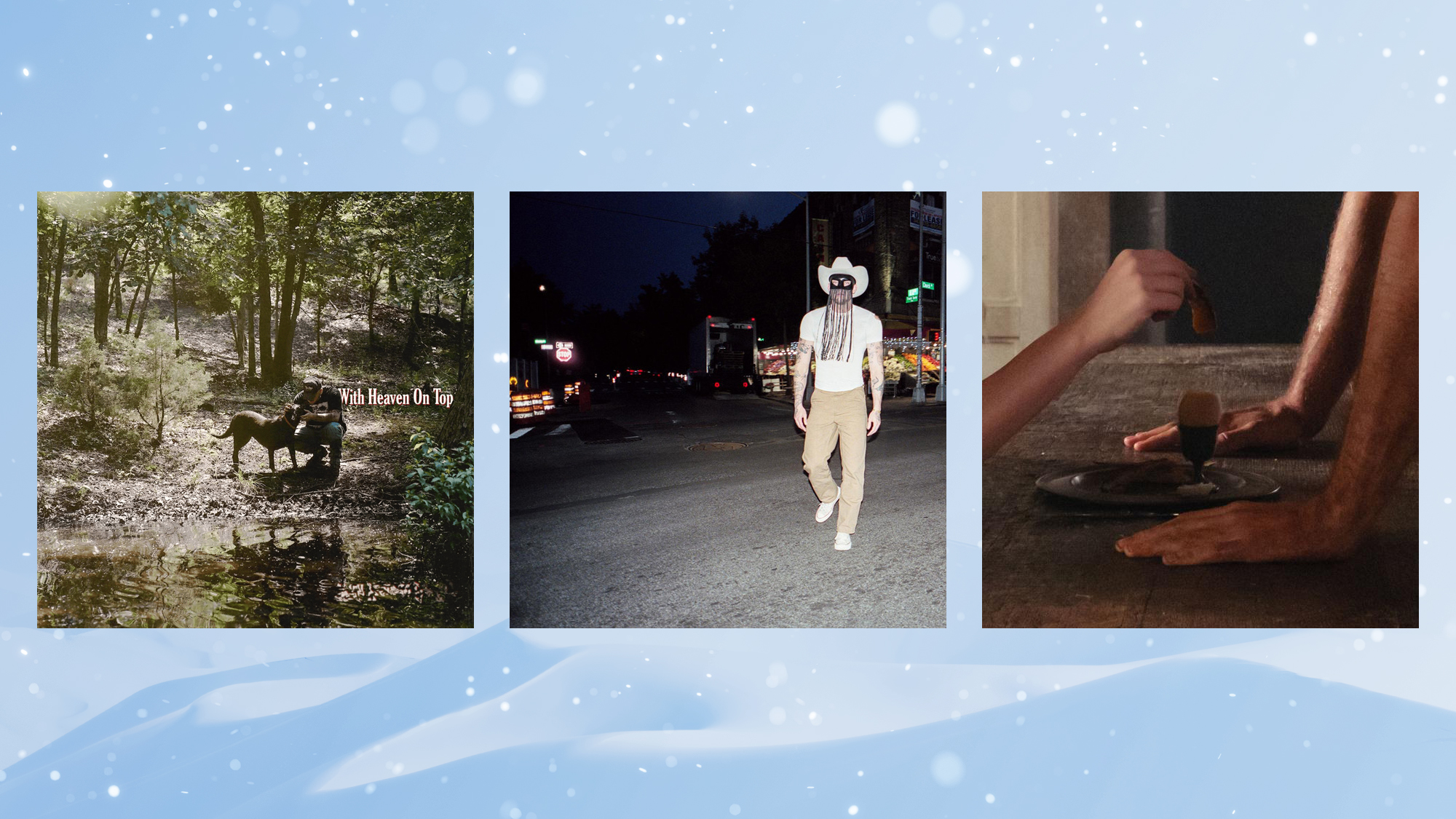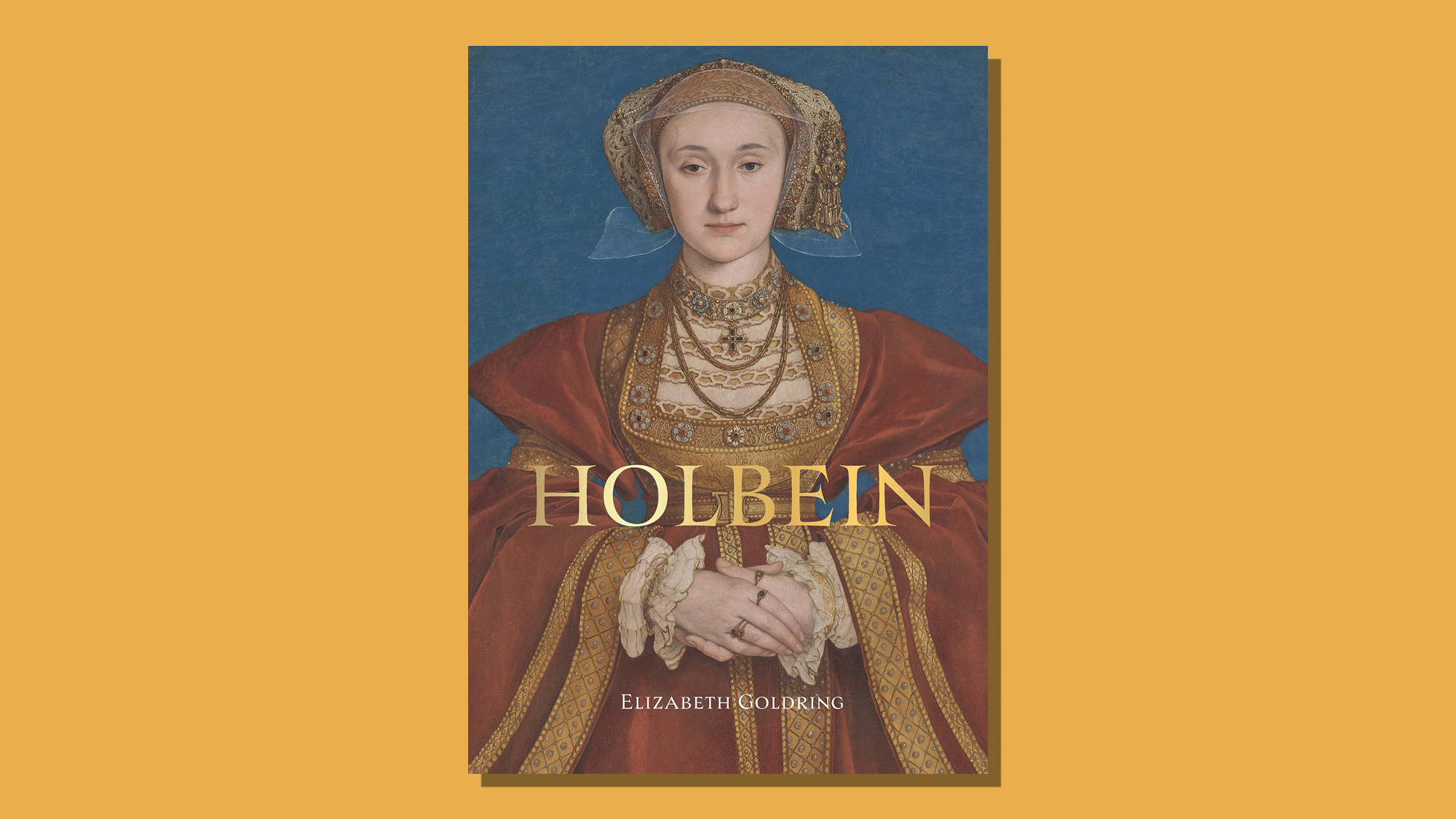Has 21st-century culture become too bland?
New book argues that the algorithm has killed creative originality

A free daily email with the biggest news stories of the day – and the best features from TheWeek.com
You are now subscribed
Your newsletter sign-up was successful
Music is blending into an algorithm-generated playlist, cinema is dominated by blockbuster movies from decades-old franchises, and the rest of the cultural scene is as flat and bland as a pancake.
That's according to a new book, the “lucid and entertaining – yet despairing” “Blank Space”, by W. David Marx. In it, he argues that 21st-century culture has become an “enthusiastic embrace of selling out”, said The Minnesota Star Tribune. But has he missed the point?
‘Slurry of stagnation’
“Omnivorism” is “one of the primary culprits” that Marx identifies. When “country, R&B, hip-hop and classic rock become interchangeable bits to sample, rather than distinct musical styles”, then “nothing stands out”. He thinks “the understandable desire to cross musical boundaries in once-unthinkable ways has turned into a slurry of stagnation”.
The Week
Escape your echo chamber. Get the facts behind the news, plus analysis from multiple perspectives.

Sign up for The Week's Free Newsletters
From our morning news briefing to a weekly Good News Newsletter, get the best of The Week delivered directly to your inbox.
From our morning news briefing to a weekly Good News Newsletter, get the best of The Week delivered directly to your inbox.
Marx’s “key point about the bland sameness” of today’s art “will resonate with anybody who has a hard time remembering when a new song made them perk up, pay attention and realise they have never heard anything like that before”.
This century “looks likely to go down in history as the least innovative, least transformative, least pioneering” one for culture since “the invention of the printing press”, said The New York Times Magazine in 2023. “Shockingly few works of art in any medium” have been “created that are unassimilable to the cultural and critical standards that audiences accepted in 1999”.
Misguided and oversimplified
Yes, it feels like there’s a “confounding glut of art”, but “little of the original, startling kind that matters”, said The Economist. Instead there’s “music without instruments and lyrics without meaning”, plus “endless reboots, sequels and superheroes in the cinema”.
But Marx’s “sweeping book oversimplifies a dizzyingly messy picture”, because some of his criticisms “could have been made in the past, and were”. So even if today’s “means of self-publicity are new”, the “attention-seeking grifters are not” and “there has always been more dross than gold”.
A free daily email with the biggest news stories of the day – and the best features from TheWeek.com
Marx’s argument is a “dated, misguided understanding of how history works”, said Art in America. It is “rooted in a 19th-century fallacy called positivism: the belief that history moves in a clean, linear progression of successive innovations”.
But “if history is any indicator”, those “still insisting culture is dead” will “go down” as “conservative curmudgeons very much on the wrong side of history”. You might “think writers so obsessed with the past would have learned as much”.
Chas Newkey-Burden has been part of The Week Digital team for more than a decade and a journalist for 25 years, starting out on the irreverent football weekly 90 Minutes, before moving to lifestyle magazines Loaded and Attitude. He was a columnist for The Big Issue and landed a world exclusive with David Beckham that became the weekly magazine’s bestselling issue. He now writes regularly for The Guardian, The Telegraph, The Independent, Metro, FourFourTwo and the i new site. He is also the author of a number of non-fiction books.
-
 ‘Poor time management isn’t just an inconvenience’
‘Poor time management isn’t just an inconvenience’Instant Opinion Opinion, comment and editorials of the day
-
 Bad Bunny’s Super Bowl: A win for unity
Bad Bunny’s Super Bowl: A win for unityFeature The global superstar's halftime show was a celebration for everyone to enjoy
-
 Book reviews: ‘Bonfire of the Murdochs’ and ‘The Typewriter and the Guillotine’
Book reviews: ‘Bonfire of the Murdochs’ and ‘The Typewriter and the Guillotine’Feature New insights into the Murdoch family’s turmoil and a renowned journalist’s time in pre-World War II Paris
-
 Bad Bunny’s Super Bowl: A win for unity
Bad Bunny’s Super Bowl: A win for unityFeature The global superstar's halftime show was a celebration for everyone to enjoy
-
 Music reviews: Ari Lennox, Lucinda Williams, and A$AP Rocky
Music reviews: Ari Lennox, Lucinda Williams, and A$AP RockyFeature ‘Vacancy,’ ‘World’s Gone Wrong,’ and ‘Don’t Be Dumb’
-
 Bad Bunny, Lamar, K-pop make Grammy history
Bad Bunny, Lamar, K-pop make Grammy historySpeed Read The Puerto Rican artist will perform at the Super Bowl this weekend
-
 Music reviews: Zach Bryan, Dry Cleaning, and Madison Beer
Music reviews: Zach Bryan, Dry Cleaning, and Madison BeerFeature “With Heaven on Top,” “Secret Love,” and “Locket”
-
 In Okinawa, experience the more tranquil side of Japan
In Okinawa, experience the more tranquil side of JapanThe Week Recommends Find serenity on land and in the sea
-
 The best music of 2025
The best music of 2025The Week Recommends These were some of the finest releases of the past year
-
 10 upcoming albums to stream during the winter chill
10 upcoming albums to stream during the winter chillThe Week Recommends As the calendar turns to 2026, check out some new music from your favorite artists
-
 Holbein: ‘a superb and groundbreaking biography’
Holbein: ‘a superb and groundbreaking biography’The Week Recommends Elizabeth Goldring’s ‘definitive account’ brings the German artist ‘vividly to life’